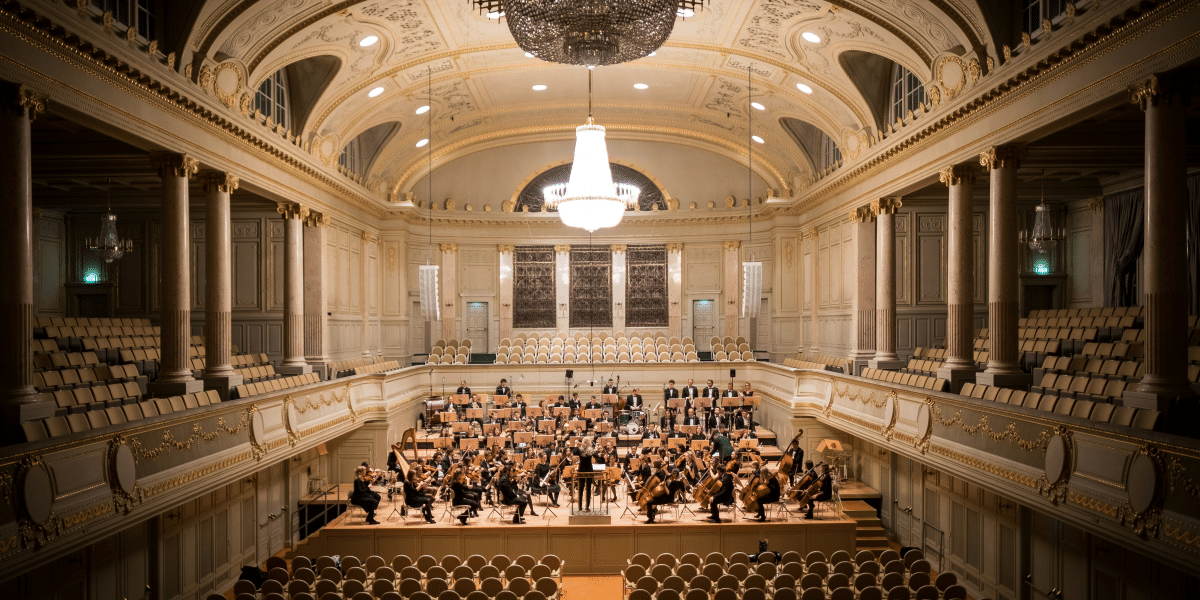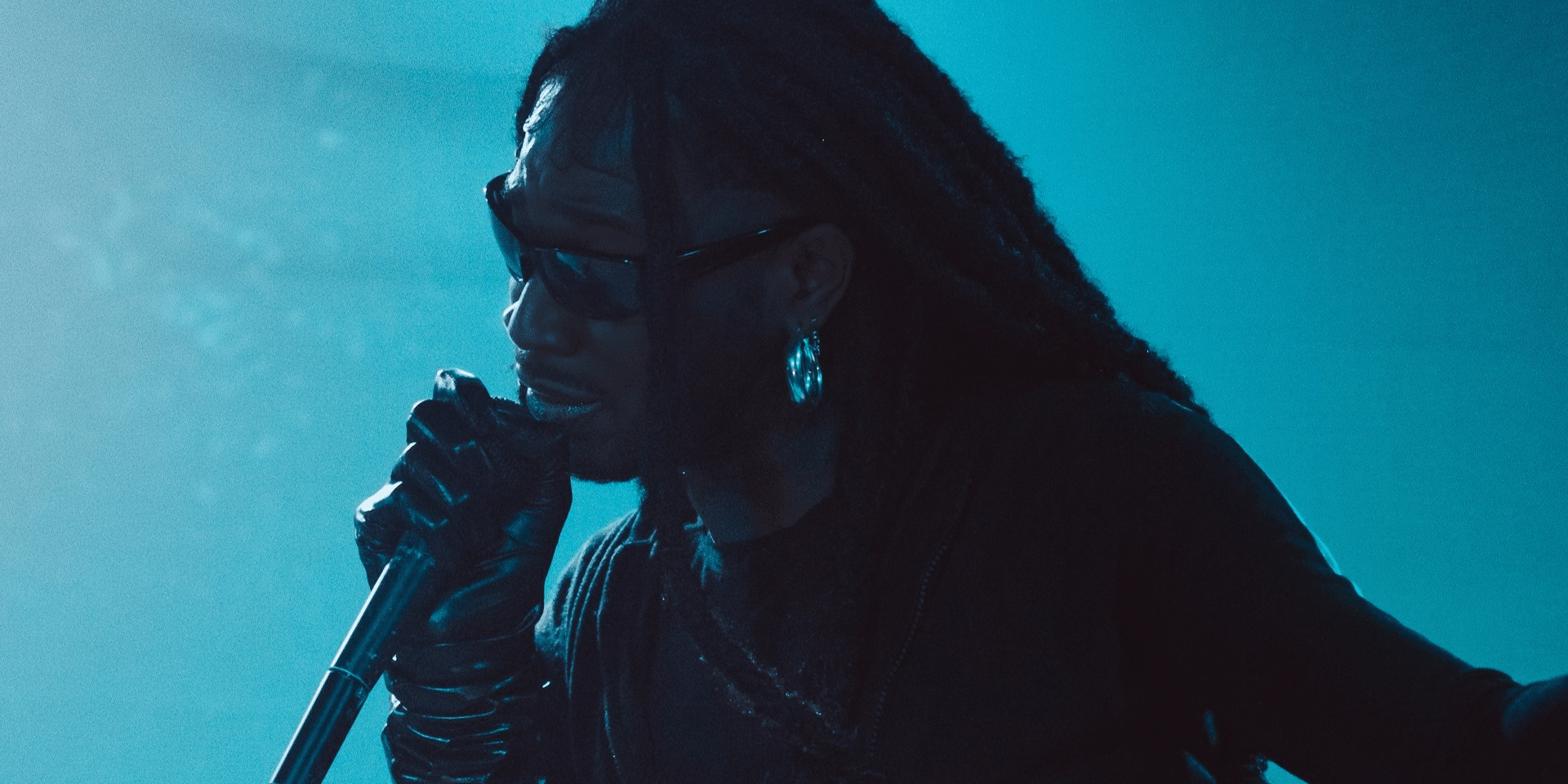In recent years, we’ve witnessed a remarkable resurgence of interest in classical music, a genre that many feared was becoming the preserve of older generations. This renaissance is not confined to concert halls and conservatories; it’s spreading through social media, film scores, and even the works of contemporary artists who are blending classical motifs into modern genres. This phenomenon is bridging generational gaps, bringing timeless harmonies to the ears of a new audience, and redefining the relevance of classical music in the modern age.
A Timeless Appeal Reimagined
Classical music, with its complex harmonies, intricate compositions, and emotional depth, has always had a timeless appeal. However, its resurgence in popularity among younger audiences is a testament to its universal and enduring nature. Artists like John Perry, an accomplished author and musician deeply rooted in classical music traditions, exemplify the modern classical musician’s journey. Perry’s dedication to classical piano, singing, and choral conducting demonstrates how classical music continues to inspire and influence new generations of musicians and music lovers alike.
Digital Platforms: A New Stage for Classical Music
Social media and digital platforms have played a pivotal role in this classical music revival. YouTube, Spotify, and other streaming services have made it easier than ever for people to discover and immerse themselves in classical pieces, whether they’re looking for background music to study to or diving deep into the nuances of different musical eras. Moreover, social media platforms have given rise to classical music influencers who share performances, offer insights into their practice routines, and demystify classical music for a broader audience.
The Influence of Film and Video Games
Film scores and video game soundtracks have also contributed significantly to the renewed interest in classical music. Composers like Hans Zimmer and Nobuo Uematsu draw heavily from classical traditions, creating epic soundscapes that captivate millions of listeners. The emotional depth and dramatic flair of classical compositions make them an ideal backdrop for storytelling in these mediums, introducing audiences to the power of classical music in setting moods and enhancing narratives.
Blending Genres: Classical Meets Contemporary
Perhaps one of the most exciting developments in the renaissance of classical music is the blending of genres. Many contemporary musicians and composers are finding ways to weave classical elements into pop, rock, and electronic music. This fusion not only highlights the versatility and adaptability of classical music but also creates new musical experiences that are both fresh and familiar. By incorporating classical motifs, these artists are breaking down barriers between genres and attracting audiences who might not have explored classical music otherwise.
Educational Initiatives and Community Engagement
Education plays a crucial role in sustaining the interest in classical music. Schools and community programs that offer music education, particularly those that include classical music in their curriculum, are vital in nurturing an appreciation for the genre from a young age. Moreover, many orchestras and classical musicians are engaging with communities through workshops, free concerts, and interactive performances, making classical music more accessible and relatable to people of all ages and backgrounds.
The Future of Classical Music
The future of classical music looks bright, with more opportunities for innovation and engagement than ever before. The genre’s adaptability and the creative ways musicians and composers are bringing it to new audiences suggest that classical music will continue to thrive and evolve. As it does, it’s likely to inspire more individuals like John Perry, whose work and passion for classical music demonstrate its lasting impact on both the individual and society.
Embracing the Renaissance
The renaissance of classical music in the modern age is a testament to its enduring beauty, relevance, and power. It challenges the notion that classical music is outdated or inaccessible, proving instead that it has a vital place in contemporary culture. This revival is not just about looking back with nostalgia; it’s about moving forward, bridging past and present, and opening up new possibilities for creativity and connection through music. Whether you’re a longtime aficionado or new to the genre, there’s never been a better time to explore the rich and diverse world of classical music.
Published by: Khy Talara





